The Flight of the Phoenix (1965)
Directed by: Robert Aldrich
Written by: Elleston Trevor, Lukas Heller
Starring: Hardy Krüger, James Stewart, Peter Finch, Richard Attenborough
USA
AVAILABLE ON BLU-RAY: 12TH SEPTEMBER, from EUREKA ENTERTAINMENT
RUNNING TIME: 144 min
REVIEWED BY: Dr Lenera, Official HCF Critic
A sudden sandstorm in the Sahara Desert shuts down the engines of a cargo plane, forcing pilot Frank Towns to crash land in the desert. As the aircraft careens to a stop, several oil drums and oil drilling tools break loose and two workers are killed and another badly injured. With no functioning radio to call for help, the survivors wait to be rescued, but the storm has blown them too far off course to be found. Although they have a large quantity of dates for food, they calculate that their water will last for only ten to fifteen days, and only provided they avoid physical exertion. However, German engineer Heinrich Dorfmann has a radical idea that may have a small chance of success….
I know that I saw the 2004 Flight Of The Phoenix at the cinema, though I cannot now remember a single thing about it. I don’t think that that is something which will happen with this 1965 original version. This survival drama, which has something of the feel of a war movie though it certainly isn’t one, is consistently gripping despite its considerable length and its emphasis on character and dialogue rather than action and heroics. It does its best to make things believable and explores several themes, such as the nature of authority, the possible need for deceit, and old ways of doing things having to make way for the new, without labouring any of these issues. More than anything else, it says how innovation, persistence and positivity can combine to do amazing things, something explored in the recent hit The Martian, so if you enjoyed that then you may get some of the same enjoyment out of The Flight Of The Phoenix. It’s a highly intelligent film that expects the viewer to have intelligence too, to pick up on things that may not be stated. There is the odd stumble and a rather rushed finale, but these aren’t enough not to make this movie a minor classic.
Sandwiched in-between Hush…Hush, Sweet Charlotte, his failed [though I consider it to be a better film] attempt to repeat the commercial success of Whatever Happened To Baby Jane, and his biggest ever hit The Dirty Dozen, The Flight Of The Phoenix was a major production for director Robert Aldrich. Based on a novel of the same name by Elleston Trevor, writing under one of his many pseudonyms Trevor Dudley Smith, and not changing anything major except the name and nationality [English to German] of the engineer character, it was shot on location in Buttercup Valley Arizona, Imperial Valley California, and the 20th Century Fox ranch and studios. Aldrich wanted actress Barrie Chase to do her exotic dance topless, but she refused. Tragedy struck when, whilst performing touch-and-go landings, stunt pilot Paul Mantz was killed and stuntman Bobby Rose severely injured when the fuselage buckled. Perhaps surprisingly, The Flight Of The Phoenix was a considerable failure at the box office [which makes one wonder why they remade it, especially as that did badly too], but it became highly popular through TV showings. Hardy Kruger was awarded a Golden Globe for Best Supporting Actor, but turned it down, possibly because he felt it wrong to pick him out from the film’s terrific acting ensemble.
Rather than the film give us a series of very obvious introductions for each character, we only really get a proper idea of pilot Frank Towns, an old school guy who thinks that flying isn’t as fun as it used to be, and Lew Morgan, his alcoholic navigator, before their plane seems like it’s about to crash. The titles occurring during the crash scene slightly diminish its power, along with cheesy freeze frames of all the stars, but it’s still well executed aside from some extremely visible wires! Also good is the scene almost straight after when somewhat religious oil company accountant Mr. Standish, standing beside the cross of the newly dug graves of the two oil workers killed in the crash, says to Towns, who feels responsible for the tragedy: “You wanna say something” and the reply he gets is: “Like what, sorry”? Also in the group are would-be-heroic soldier Captain Harris, his initially just as army-loving Sergeant Watson, the injured oil worker Gabriel who pines after his wife, physician Dr. Renaud who has his hands full with Gabriel, German aeronautical engineer Heinrich Dorfmann, and three other oil workers – the somewhat disturbed Trucker Cobb, the mean-spirited and rather racist Scot Ratbags Crow, the quiet Bellamy, and Carlos who has a pet monkey.
There’s no comical antics with said monkey though; it’s all deadly serious in this film aside from one character revelation near the end which is rather chuckle-some even if it seems to make success even harder to achieve. Tension is allowed to simmer beautifully what with Crow taunting Dorfmann [“Sometimes I wonder how you chaps never won the war”], Cobb getting more and more unhinged, Harris deciding that the best course of action is to walk off, and other personality clashes, foolish actions, and the heat and tiredness playing with people’s minds. However, to the fore is the clash between Dorfmann, who thinks that taking apart the plane and building a new one that may take off is the right thing to do, and Towns, who thinks that Dorfmann’s mad, and resents his own loss of authority when he decides to go along with Dorfmann’s plan to keep everyone else’s morale up and have them thinking less that they are basically just waiting to die. Both the proud, traditionalist aviator and the equally proud innovative young engineer are very different yet are both flawed in certain ways. Dorfmann is bravely given almost Nazi-like attributes, while Towns has a great and rather prescient line: “The little men with the slide rules and computers are going to inherit the earth”. Meanwhile all the other characters seem to have strengths and weaknesses aside from Crow, and I enjoyed spending time so much with them that I didn’t mind at all the slow pace, though the ending part of the climax is rather rushed, as if they ran out of money to film it all.
Watching The Flight Of The Phoenix, I did wonder if you could take 30 minutes out, but then I couldn’t think of any scenes from its 144 minutes that I’d like to lose and whose loss wouldn’t disturb the flow of the picture, except for perhaps an odd hallucination scene of a woman dancing in the sand which seems plonked in there just to have a role for a female in the film, and maybe Gabriel’s thinking of his wife, which almost seems like an excuse to put a love song into the film, though these latter moments are effectively sad. Overall it’s mostly tough, no nonsense stuff, though actually rather less cynical than much of Aldrich’s work. Lucas Heller’s fine script does, though, often ask the viewer interesting questions, such as: if a member of a group works harder than all the others, then does this mean that he could be entitled to more refreshment? Technically the film is slightly less great, the main studio set being quite obvious, though an element of realism is maintained by the characters all getting progressively more sunburnt. And Aldrich has an effective way of shooting here, every now and again interrupting the flow of a scene to give us an extreme close-up of a character. It’s very effective and makes what is already a fairly ‘undated ‘ picture [except for the lack of mobile phones!] feel even more fresh and modern.
This film gives James Stewart probably his last great role, a part which really gives him some dramatic scenes to get his teeth into, and which slightly recalls some of his earlier Western roles for Anthony Mann what with Town’s guilt and journey. Kruger is a perfect foil for him with his almost mechanical efficiency yet at the same time air of innocence, and Attenborough is great as a person whose life has obviously been full of disapppointments and is now trying desperately to beat the bottle, though out of the rest of the cast I liked Ronald Fraser most as Sergeant Watson, a man who’s spent most of his life as a soldier right from when he was very young, and a man whose childlike love of the army suddenly changes in two almost cheer-worthy moments. George Kennedy’s part looks rather cut down though as his character barely registers. Frank De Vol’s score enhances the tension and the despair well, though is a bit inappropriately light hearted in a few places. Despite a few minor issues, The Flight Of The Phoenix is a fine and surprisingly complex drama. Despite mostly taking place on one set consisting of a few yards around an airplane crashed in the desert, you’ll probably be riveted, even if you guess how it will eventually pan out.
I hadn’t seen this film before, but I doubt that it ever looked as good as it did on Eureka’s Blu ray, which aside from a slightly worn-looking opening few minutes [though to be fair the beginning of a film is often the section that looks the worst] and two very distracting lines for a few seconds around half way, is of examplary quality. The deep blacks look especially striking and the night scenes notably vivid, while the detail you can make out on the actor’s faces is amazing. The old mono soundtrack sounds astonishingly good and I couldn’t imagine the film sounding better if they’d done an audio remix. There isn’t much in the way of special features, but the 28 minute video interview is very good, especially interesting on Aldrich’s rather odd place as a director in Hollywood.
SPECIAL FEATURES:
*New high-definition 1080p presentation
*Uncompressed mono soundtrack
*Isolated music & effects track
*New video interview with film historian Sheldon Hall
*Original theatrical trailer
*English subtitles for the deaf and hearing impaired
*PLUS: A booklet featuring a new essay by film scholar Neil Sinyard, and archival imagery

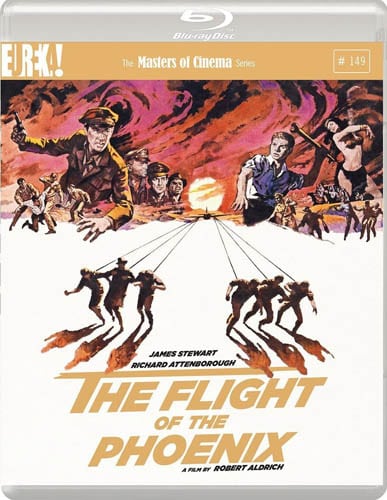
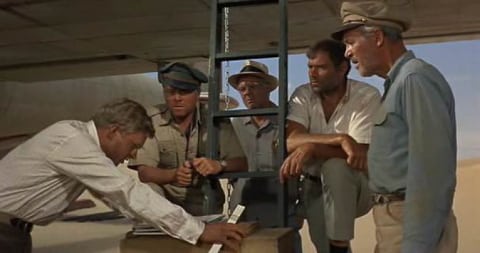
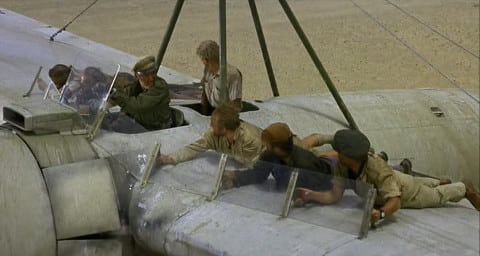



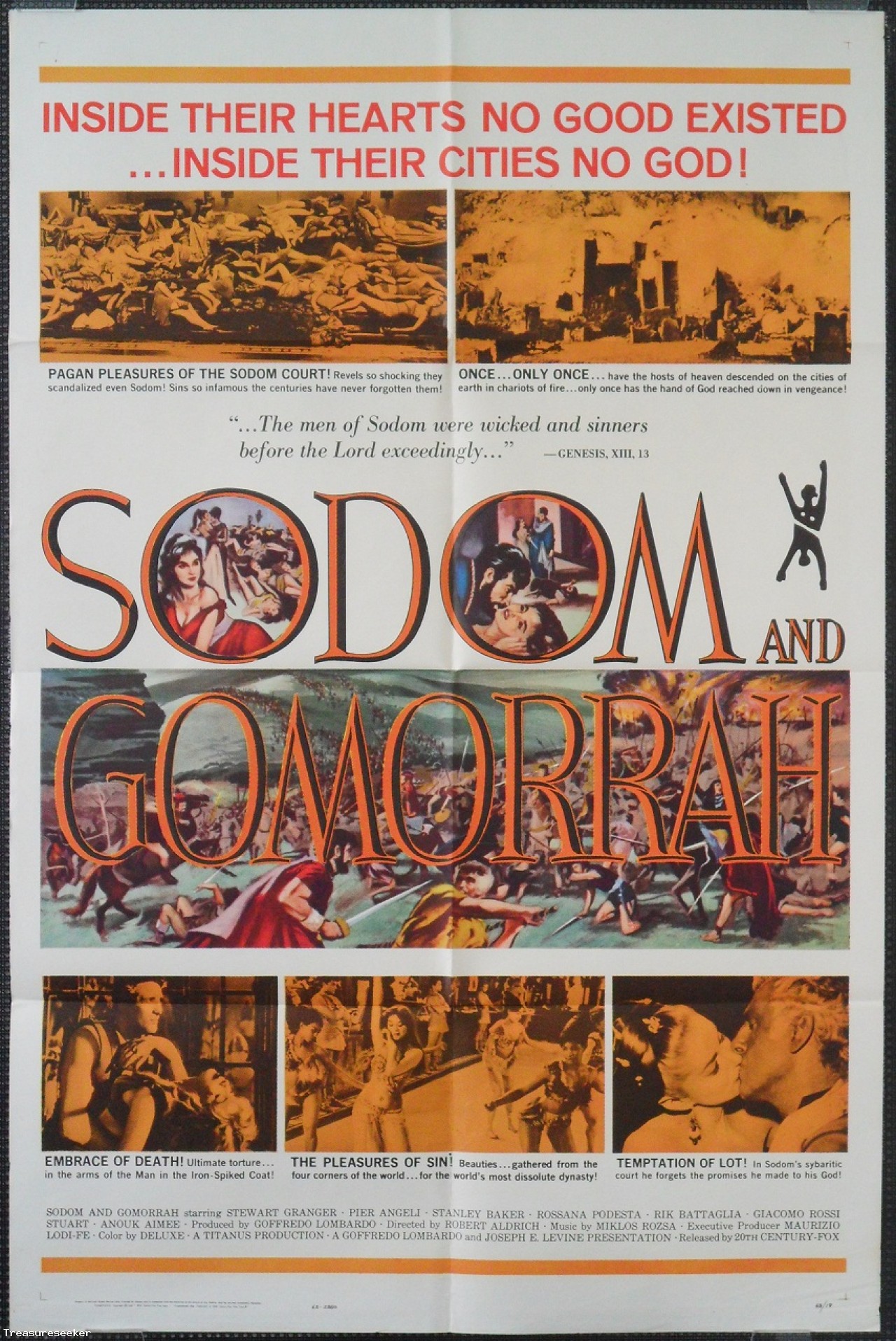
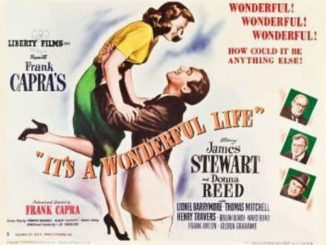

Has anyone compared picture AND sound quality of the Masters of Cinema BD edition with the German edition Fox had released?
Sorry, I don’t own the German release so was unable to compare with Eureka’s version.